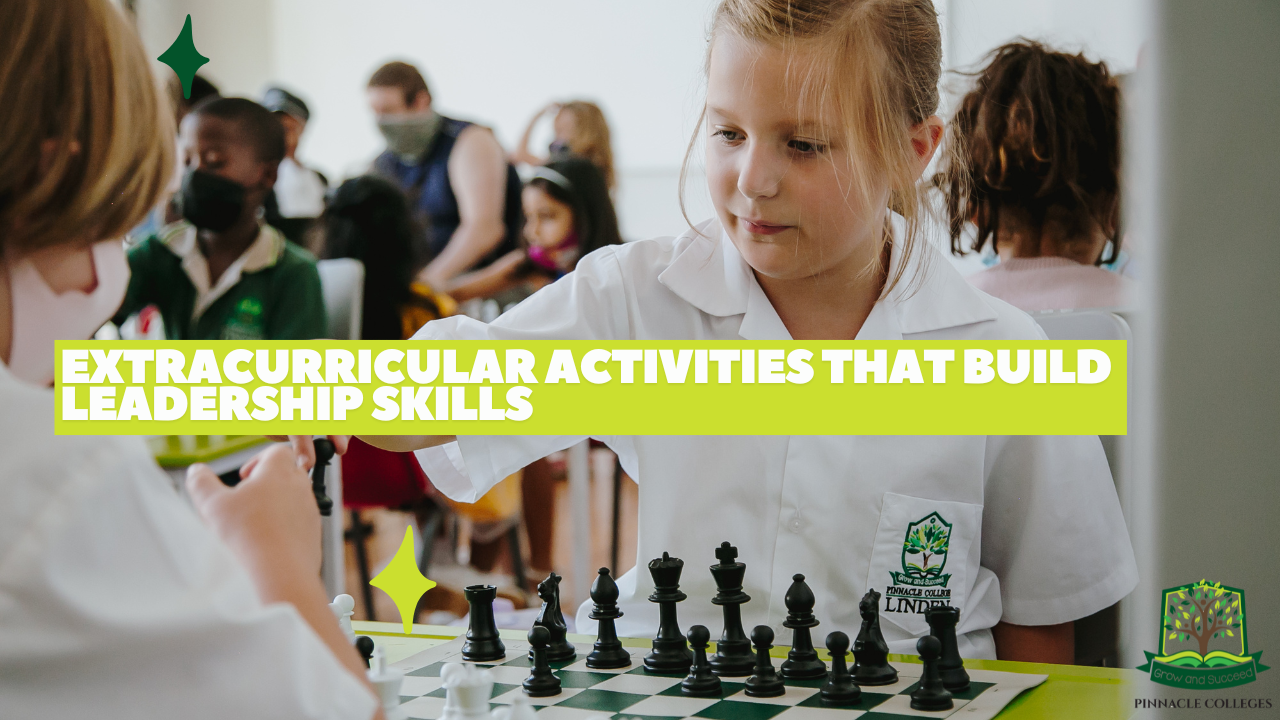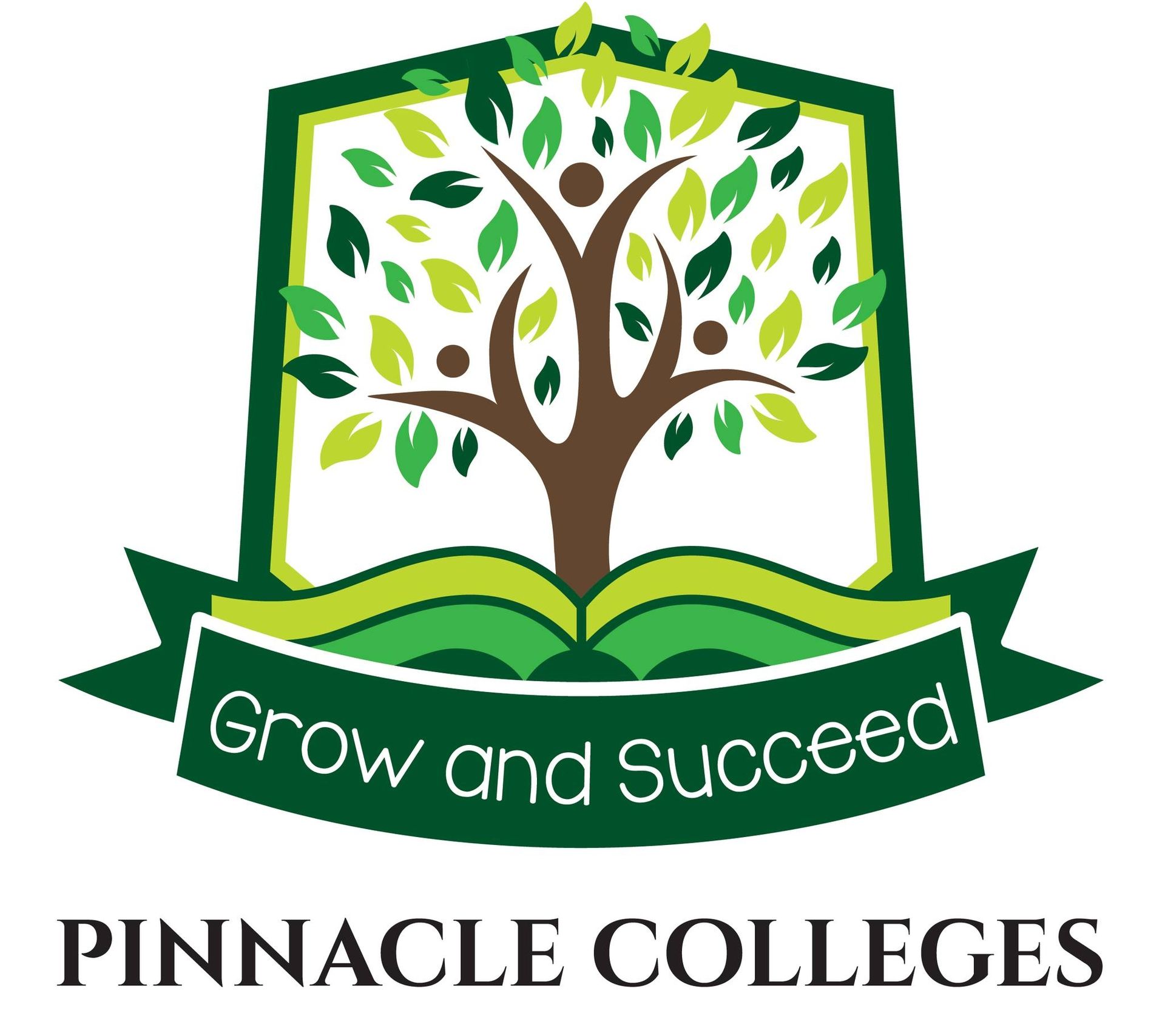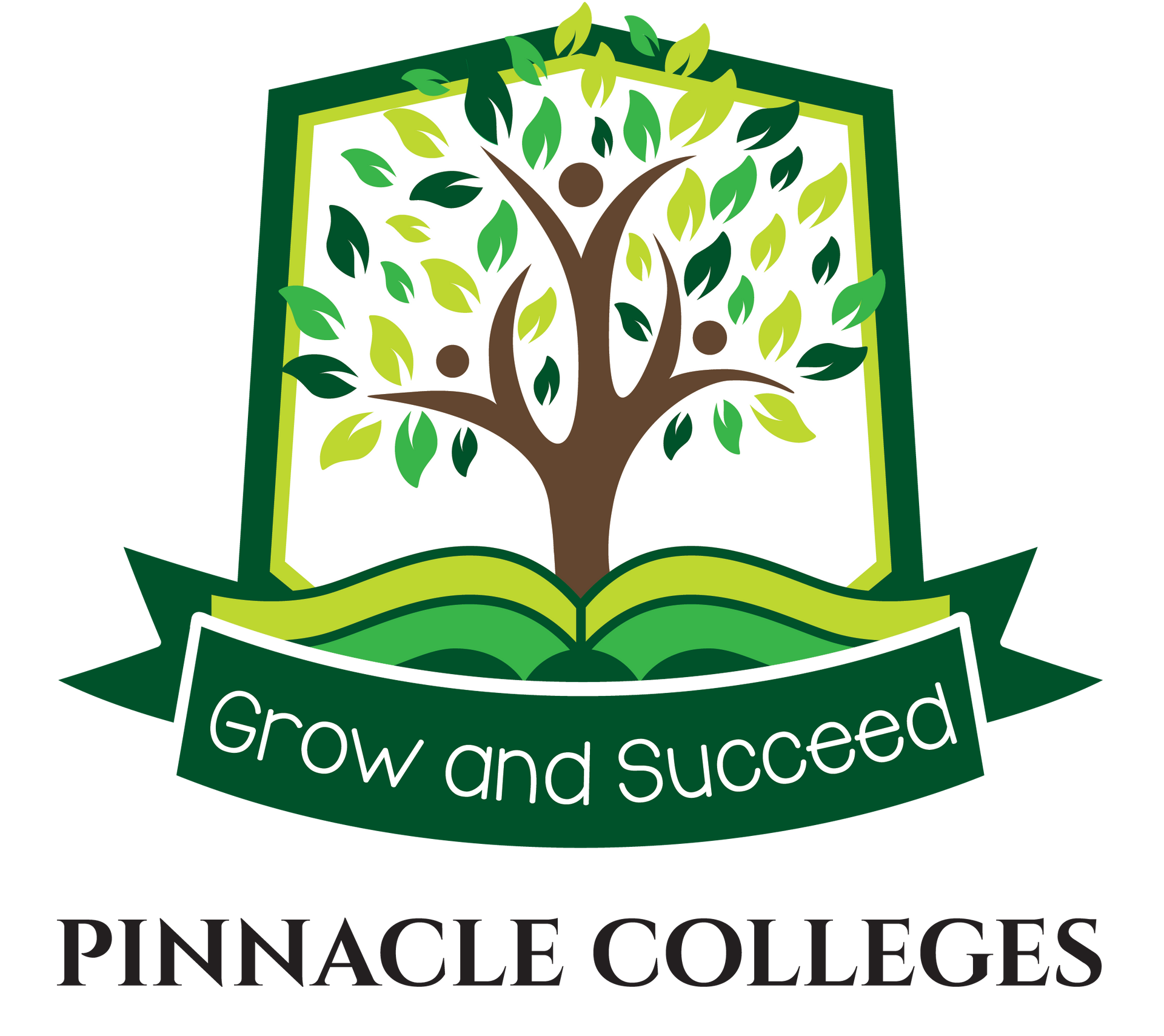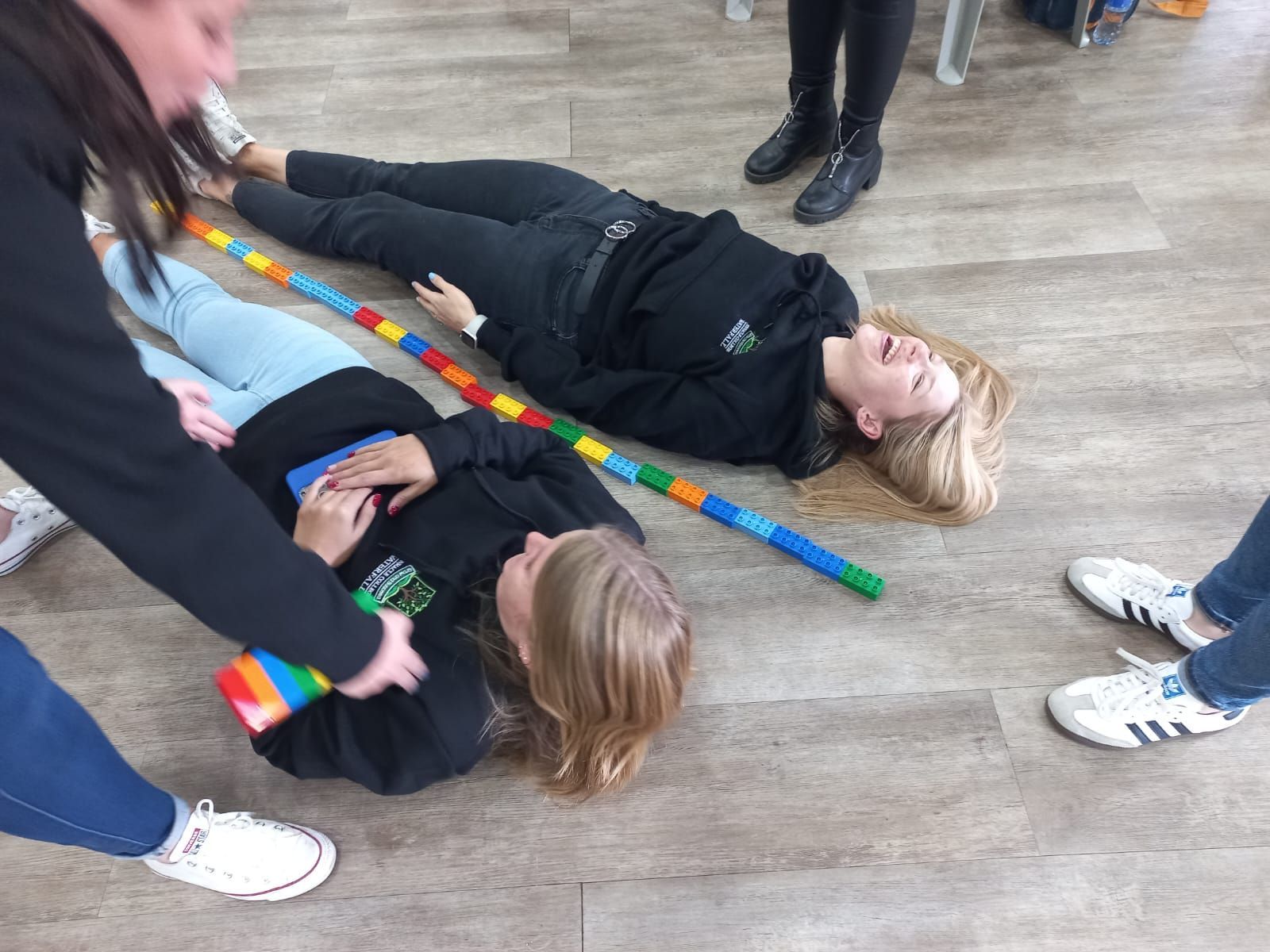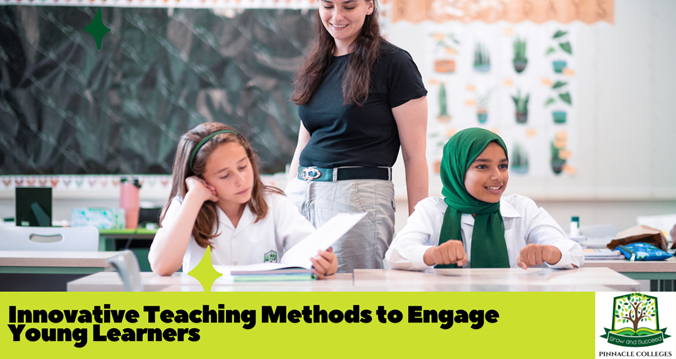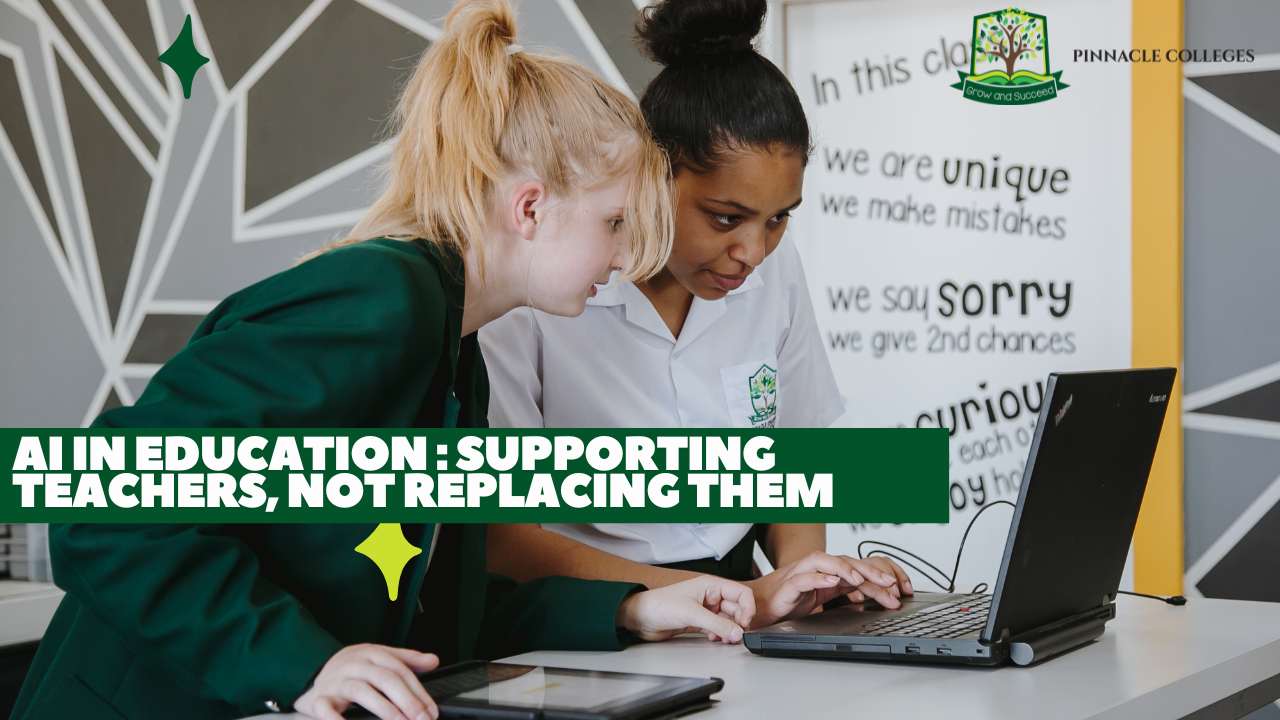WHAT TO DO IF YOUR CHILD’S EDUCATIONAL NEEDS CHANGED OVER THE PAST YEAR
Over the past year and a half, the pandemic threw the educational journeys of learners into disarray. Many schools responded with mitigation measures that resulted in a variety of impacts and outcomes on learners. At the same time, the educational needs of many learners have also changed. Learners that seemed to be in the right place and on the right track at the start of 2020 are now finding that this may no longer be the case.
As parents start considering their children’s educational options for next year, they must be aware of a variety of different offerings which may provide a better fit for their children’s current situation and needs. Education experts say that there are options available to learners requiring more tailored or niche offerings or environments.
“Many parents often do not consider the idea that they have alternative choices instead of remaining in an environment that no longer serves their children to the degree it did before,” says Desiree Hugo, Academic Head at ADvTECH Schools, SA’s leading private education provider.
She says the past year and a half has taken a tremendous toll on parents and students in various ways, and that many students who performed well and were doing well emotionally and developmentally before, were now struggling, necessitating the consideration of alternative approaches or specialist interventions.
Dr Jacques Mostert, Academic Manager at Abbotts College, says whereas a child’s school and academic experience may have been suitable for them and made sense before, that may no longer be the case.
“It could be that the environment changed because of the last year’s experiences, that the needs of your child have changed, or both. Where learners are no longer rising to their potential, particularly in the wake of observations over the past six months, and where mid-year reports indicate there are areas requiring attention, parents should review the existing conditions and, if need be, make changes in consultation with professionals,” Dr Mostert says.
He says some learners may require smaller class sizes with more individual attention, a learning environment with a more rounded approach, mental and emotional health assistance, a less structured setting, or specialist support to ensure they overcome challenges and realise their potential in future. But making a move requires an understanding of what alternatives are on offer, he says.
ASSISTED LEARNING
Dr Greg Pienaar, Principal at The Bridge, South Africa’s leading assisted learning school, says that over the past year, parents may have noticed their children present with needs not seen before, such as ADHD, ADD, dyslexia, mild autism, or anxiety. Children also might have been through illness or trauma which affected their academic progress.
“Many children of average and above-average intelligence face these kinds of challenges and require an environment with an understanding of and response to neurodiversity. Few mainstream schools, especially in the current environment, are in a position to provide the focused yet comprehensive support these learners require to perform to the best of their ability and become confident, empowered and self-actualised,” he says.
“So if you have noticed or have had confirmed challenges that would require therapy, coaching, greater individual attention or the like, it is worth considering a school which will help your child deal with and overcome these challenges while continuing their academic journey.”
ONLINE SCHOOL
Some learners were fortunate enough to attend schools that could provide a high-quality online offering during lockdowns and continue the curriculum without interruption. Most of them were happy to return to in-person schooling when the time came.
Some realised that the online learning environment was more suitable to their personality and needs and may now be considering a permanent move to online homeschooling. The consideration of online homeschooling has also become a reality for many families reviewing their futures and who may be considering a move elsewhere but would like to keep their child’s routine intact should circumstances change.
“If you are considering homeschooling, you must do your homework thoroughly before choosing a curriculum provider, as the quality of offering varies substantially across the board, and so do outcomes,” says Colin Northmore, Principal at Evolve Online School.
“Of course, it is non-negotiable that parents investigate the registration and accreditation status of an institution. That is not enough, however, as a school must also be able to show that it can provide the highest quality of academic excellence online, while supporting the integrated development of a child through providing ample interaction with peers and educators,” he says.
Online learning that merely provides a paper-behind-glass style curriculum makes it extremely difficult for students, especially young ones, to get deeply involved in and excited about their learning journey.
“So when deciding on an online homeschool offering, prospective parents must enquire about the efficiency of the technology and the logistics of an offering, as well as whether they will have access to qualified educators to step in and assist them should the need arise,” Northmore says.
NON-TRADITIONAL SCHOOLS
Dr Mostert says setting out on a new path may mean simply allowing a learner to continue within a differently structured and more nurturing environment.
“If things are not going well for a learner, and parents are starting to get concerned about their current trajectory, it might be worth looking for a high school that will allow a learner to continue within a setting focused on progressive academic improvement.
“Every student can develop and achieve academic success, but if you are feeling overwhelmed and in a rut, it is not easy to lift yourself out of this space or even to see the way forward. For these students, an environment that focuses on progressive academic improvement and individual support, instead of strict rules as they relate to, for example, hair and uniform regulations, can mean the difference between continued sadness and success.”
This time of year, in general, is an excellent time to review the educational options for the year ahead after reviewing progress and development over the previous six months. In 2021, that is more true than ever, says Hugo.
“As we have seen over the past 18 months, change and upheaval are inevitable and a given. Whereas historically, the approach might have been to grit one’s teeth and see things through even in the face of a non-optimal academic path, our world has changed sufficiently for most people to realise that it no longer makes sense,” Hugo says.
“Parents who feel that their child could do with a different educational environment or better support would do well to investigate some of the lesser-known or non-mainstream options which they may not even have been aware of, but which may make a world of difference to the prospects and wellbeing of their children.”
